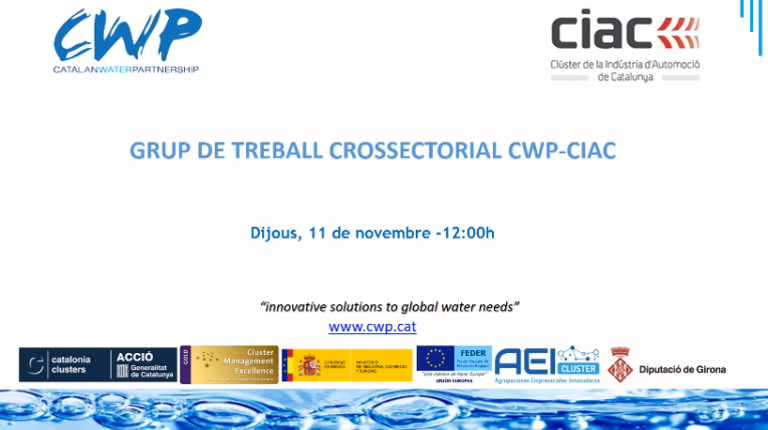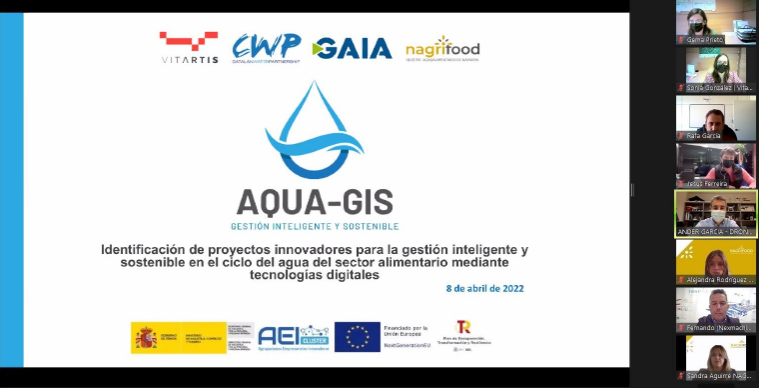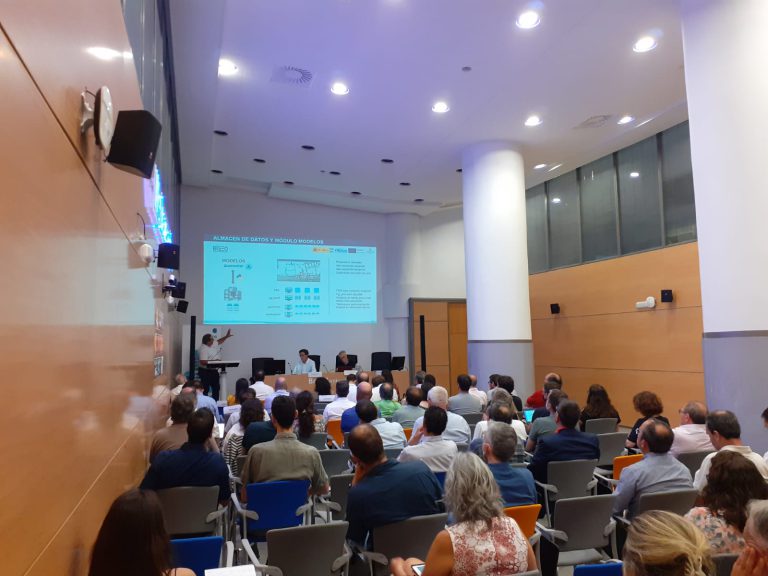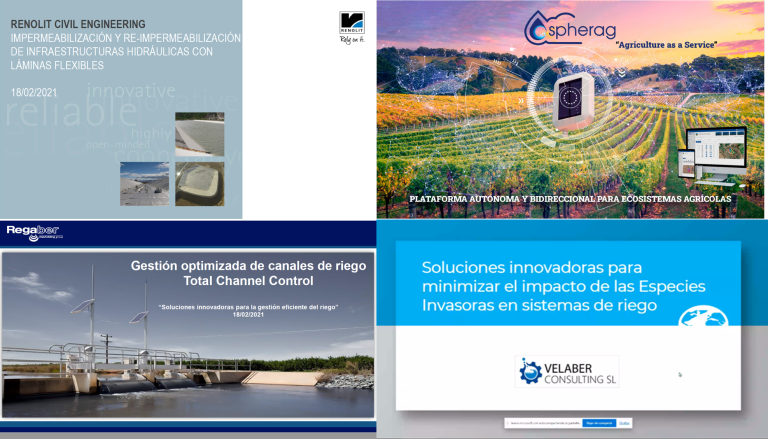THE SMARTLAND PROJECT AIMS TO RESPOND TO THE CHALLENGES POSED BY THE GOVERNANCE AND OPTIMAL MANAGEMENT OF WATER RESOURCES IN AREAS WITH LOW WATER AVAILABILITY
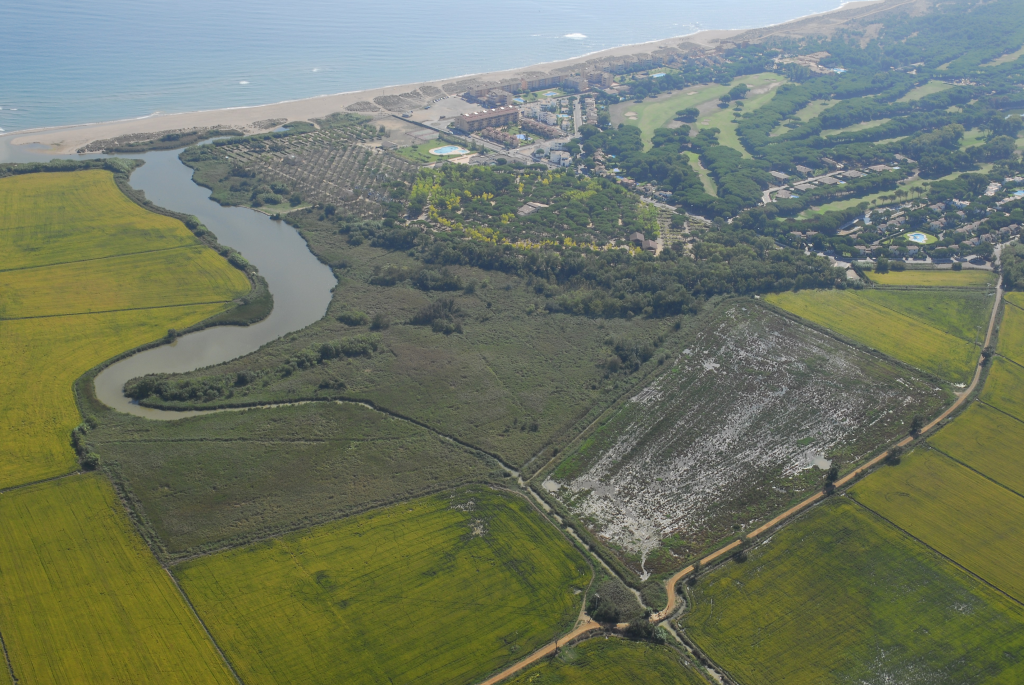

27 MAR THE SMARTLAND PROJECT AIMS TO RESPOND TO THE CHALLENGES POSED BY THE GOVERNANCE AND OPTIMAL MANAGEMENT OF WATER RESOURCES IN AREAS WITH LOW WATER AVAILABILITY
The SmartLand project aims to respond to the challenges posed by the governance and optimal management of water resources in areas with little water availability. We are working on the design, and the validation in the Baix Ter basin, of a data management tool that helps collective decision-making to optimize the administration of water resources. The data considered within the project are those from water sources (surface or underground, treated waste water and desalinated water), from the various uses (urban, tourist, industrial or agricultural supply), from the ecological state and referring to the quality and quantity. The interrelationship of the different types of data will make it possible to define a hydrological model and design a comprehensive control network, based on comprehensive knowledge of the territory, which will allow the monitoring of water indicators and the control of consumption and the efficiency of the different uses.
The developed tool will be able to progressively incorporate new types of data and will facilitate the different users, access to data that has been purified, analyzed, interrelated and transformed into contextualized and directly useful information, with the aim of giving them a greater ability to water co-management The tool will be a virtual replica of the water vector that will provide information through an easily accessible platform and in a simple digital environment that will also be able to simulate future scenarios and help plan the allocation of water use under various conditions of availability. SmartLand is an industrial research project that envisages that the use of the developed tool can be extrapolated to other areas with similar problems in the Baix Ter basin and derived from the scarcity of water resources, the pressures of the various uses on the water sources or high seasonal demand.

